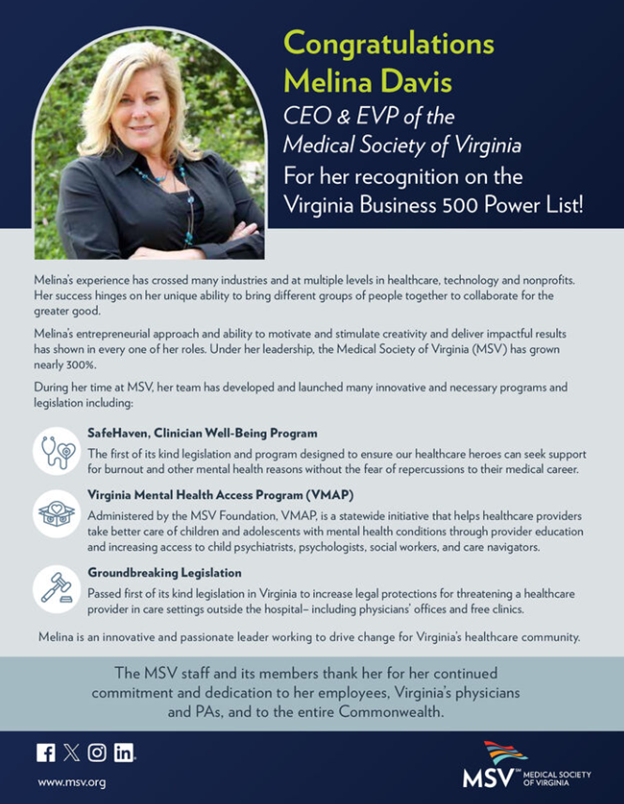Every day in the U.S., a physician dies by suicide.
Physicians have one of the highest suicide rates of all professions. With between 300 and 400 physician suicides each year, that means, on average, one takes their life every day.
Physician suicide is an epidemic that crosses specialties, genders, and ages. Unfortunately, suicide is not limited to physicians. Medical students and residents are also at risk — in fact, statistics show their risk is even higher.
September 17 is National Physician Suicide Awareness Day, a day created to bring attention to this crisis — to hopefully lead to increased prevention by changing paradigms and breaking down what has long been a culture of silence around physician mental health and suicide.
Statistics
The statistics on physician suicide are sobering.
More than half of physicians feel inappropriate feelings of anger, tearfulness, or anxiety. That figure is three-quarters for medical students and 68% for residents.
One-third of physicians feel hopeless or that they have no purpose. That compares to more than half of medical students and 43% of residents.
More than half of physicians know a physician who has either considered, attempted, or died by suicide in their career.
One-fifth of physicians know a colleague or peer who has considered suicide in the past year. That rate is one-quarter for medical students, and the same one-fifth for residents.
It is estimated that one million Americans lose their physician to suicide each year.
Eight in 10 physicians and residents, and three-quarters of medical students, agree there is stigma surrounding mental health and seeking mental health care among physicians.
Burnout Root Causes
Burnout is one contributing factor of physician suicide. The burnout rate among physicians and residents has increased from 40% to 60% since 2018, with medical students reporting burnout at a 70% rate. Left untreated, burnout can cause depression, anxiety, and post-traumatic stress disorder, all of which can lead to the development of suicidal thoughts.
Today there is greater awareness about the need to recognize and address burnout among physicians, but there is still a long way to go — including finding solutions for the root causes of burnout which, the American Medical Association (AMA) contends, requires fixing “what’s broken in healthcare today — and it’s not the doctor.”
According to the AMA: “The answer lies not in offering us more yoga classes, coffee gift certificates, or dinners with hospital leadership. While wellness has its place, to focus solely on physician resilience is to blame the victim. Curbing burnout for physicians will require actions at the system level, as well as a greater degree of collaboration among clinicians, health systems, insurers, government, medical societies, EHR (Electronic Health Record) vendors and other health system stakeholders.”
Warning Signs and Prevention Strategies
Recognizing warning signs of suicide risk among colleagues is one key to physician suicide prevention. The AMA offers a CME module “Identifying and Responding to Suicide Risk” that covers identifying both at-risk patients and colleagues.
One strategy to recognize suicide risk among physicians is physicians being alert to stressors their colleagues may be facing. This could include recent loss of a patient, license restriction, malpractice, financial problems, and a high-capacity workload.
Another important strategy is creating a culture for physicians that is more open to discussions about mental health. Physicians are encouraged to lead by example and talk about their own stories and struggles, which will indicate to colleagues that it is OK for them to do the same.
Providing resources for physicians to seek confidential support when they need it is also critical. MSV’s SafeHaven program does just that, offering clinicians in-person and virtual counseling assistance 24 hours a day, 7 days a week — so they can get the support they need with the confidence their medical licensing will not be at risk.
In fact, that is the final piece of the puzzle for improving the culture around physician mental health: removing barriers to seeking help, when doing so can potentially jeopardize a career. Culture change will require significant policy changes, like changing questions on licensing that discourage physicians from being honest about seeking help.
To learn more about National Physician Suicide Awareness Day, visit https://npsaday.org.



